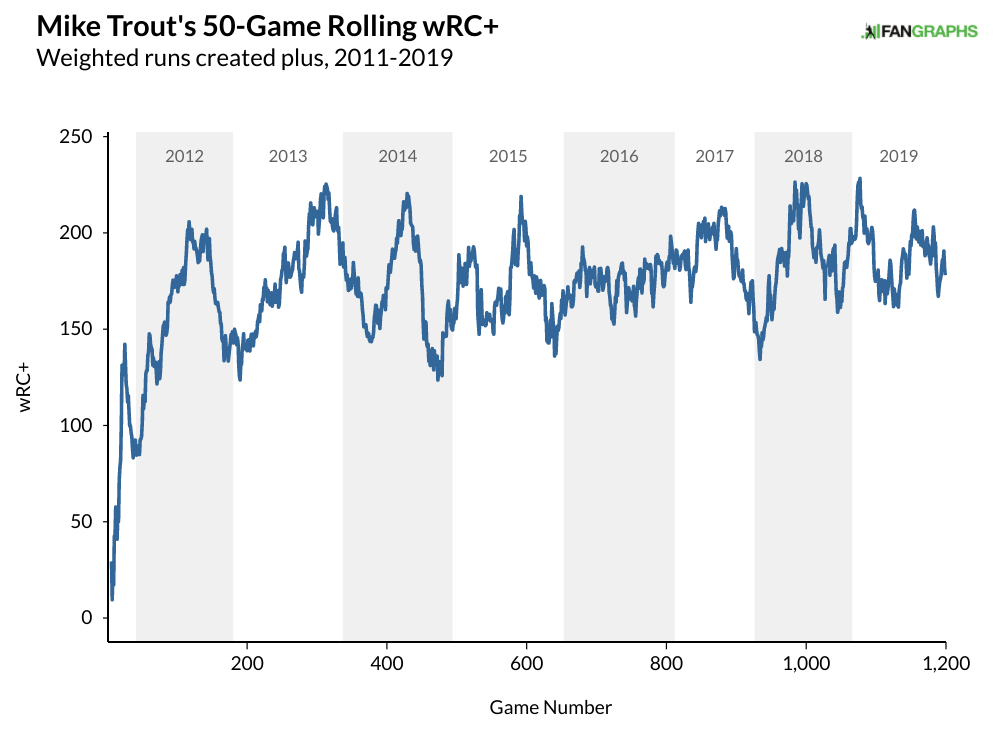Rob Manfred Threatens to Cancel Season
On Saturday, after rejecting Major League Baseball’s latest offer, the Major League Baseball Players Association agreed to abide by the threat MLB had floated at the beginning of the month and allow the commissioner to set the schedule. In response, MLB sent a letter to the MLBPA indicating it would not set a schedule unless the players agreed not to file a grievance over a shortened season. Before looking at why MLB might be taking this approach, let’s take a look at how we got here. It’s been almost a week since the first day of the amateur draft, when Rob Manfred spoke to Tom Verducci about the start of the season on MLB Network. Early in the interview, Verducci asked about the possibility of imposing a shorter schedule:
Tom Verducci: Obviously, you want an agreement. In the absence of an agreement, according to the March 26 agreement with the players the owners believe that you as commissioner can schedule a season that “uses the best efforts to play as many games as possible”. How close are you to that point, how many games are we talking about.
Rob Manfred: I remain committed to the idea that the best thing for our sport is to reach a negotiated agreement with the MLBPA that plays as many games as possible for our fans. We do have rights under the March 26 agreement and there could become a point in time where we’ll exercise those rights.
Manfred went on to say the two sides were “very, very close” on health and safety protocols. After he also indicated that finishing the season in November was not practical due to a potential second wave of the coronavirus and the difficulty of moving the playoffs around for television partners, Verducci got to the heart of the matter and asked whether there would be baseball this season.
Tom Verducci: Negotiations are complicated. Simple question for you. Can you guarantee we will have major league baseball in 2020?
Rob Manfred: We are going to play baseball in 2020. 100%. If it has to be under the March 26 agreement if we get to that point in the calendar, so be it, but one way or the other we are playing major league baseball.
Two days later, MLB provided the players with its “Final Counterproposal for 72 games,” along with a letter from deputy commissioner Dan Halem to union negotiator Bruce Meyer complaining that players were not entitled to pay to begin with and that MLB could have opted to not have negotiated a deal in March at all. The letter did not mention the owners’ fears of the players suing for full salaries in the event of a partial season, the elimination of the roughly $20 million in minimum postseason bonus pools, the relaxation of debt rules that might otherwise have opened up the CBA completely, or the $400 million in amateur signing bonuses that were deferred or eliminated. The March agreement was not an act of generosity, but rather a pact between two sophisticated parties trying to reach the best deal possible. And as Manfred noted, the March agreement gives the commissioner certain rights, including the right to set the schedule. Read the rest of this entry »



